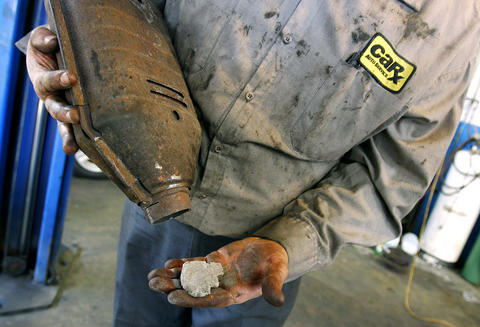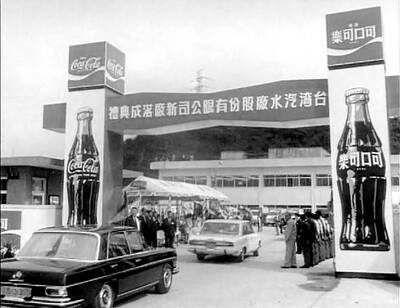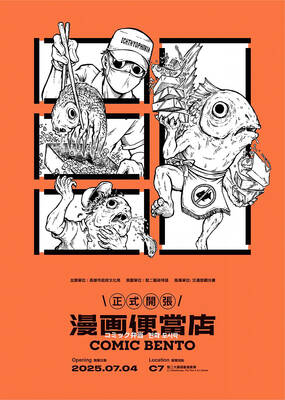Jose Fernandez said he decided some time ago that on his salary as a restaurant worker, he was better off without his 1996 Toyota 4Runner. He hoped to make a nice bit of cash from its sale.
Before he could do that, though, someone beat him to extracting value: A thief sneaked under the sport utility vehicle with a battery-powered saw, slicing from the Toyota's underbelly what might be one of the most expensive small parts of the auto world: the catalytic converter, an essential emissions-control device made with small amounts of metals more precious than gold. Who knew? Fernandez didn't.
Inside the lobby of the New Windy City Mufflers and Brakes shop, Fernandez said he had heard a rumor that catalytic converters had suddenly become the rage on the black market here, but he did not believe it until his went missing on a well-lighted North Side street.

PHOTOS: NY TIMES NEWS SERVICE
Theft of scrap metals like copper and aluminum has been common here and across the country for years, fueled by rising construction costs and the building boom in China. But now, the thieves have discovered an easy payday from the upper echelon of the periodic table. It seems there might not be an easier place to score some platinum than under the hood of a car.
"This morning I woke up and walked out, turned the key and there was a noise like this," Fernandez said, stretching his arms wide and grumbling the trainlike roar that cars make when they are missing their converters. "And now to fix it, I don't want to spend the money because it's really expensive."
The price of gold recently hit near-record highs, crossing the US$1,000-an-ounce mark before retreating a bit. Less well publicized has been the fate of the even-more-rarefied metals platinum, palladium and rhodium, with platinum hitting recent record highs of more than US$2,300 an ounce. People who might have thought their lives had nothing to do with the booming commodities market are finding out the hard way where their connection is: in their car's exhaust system.
The catalytic converter is made with trace amounts of platinum, palladium and rhodium, which speed up chemical reactions and help the converter clean emissions at extremely high temperatures.
Selling stolen converters to scrap yards or recyclers, a thief can net a couple of hundred US dollars a piece.
Exactly how much depends on the size of the car and its converter. But even a little bit is worth a lot. Converter thefts are the quickie crime du jour, not only in Chicago where workers in auto body shops and other experts say it is increasingly a nuisance, but anywhere cars are, which is to say basically everywhere.
"These are definitely occurring more than they have in recent memory and why that is definitely tied to the price of precious metals within converters," said Frank Scafidi, spokesman for the National Insurance Crime Bureau.
Replacement converters usually start around US$450. "When you start getting into the larger SUVs, it's US$1,000-plus," said Don Tommasone, owner of Village Automotive, a car care center just outside the city. "The larger the catalytic, the more platinum. That's the ones they're stealing. It's also easier to crawl underneath them. They don't need to jack up the vehicle, they just saw it right off."
Because stealing a converter does not involve actually breaking into a car, it often goes undetected. Alarms and other precautions, like parking in a well-lighted area, are scant defenses.
Last year in Minnesota, someone broke into the Ramsey Police Department's impound lot and took 19 catalytic converters off the vehicles there, a department spokeswoman said. the Star Tribune in Minneapolis ran a headline on the article about the break-in, "Thieves Show How Low They'll Go."

July 28 to Aug. 3 Former president Chiang Kai-shek (蔣介石) reportedly maintained a simple diet and preferred to drink warm water — but one indulgence he enjoyed was a banned drink: Coca-Cola. Although a Coca-Cola plant was built in Taiwan in 1957, It was only allowed to sell to the US military and other American agencies. However, Chiang’s aides recall procuring the soft drink at US military exchange stores, and there’s also records of the Presidential Office ordering in bulk from Hong Kong. By the 1960s, it wasn’t difficult for those with means or connections to obtain Coca-Cola from the

Fifty-five years ago, a .25-caliber Beretta fired in the revolving door of New York’s Plaza Hotel set Taiwan on an unexpected path to democracy. As Chinese military incursions intensify today, a new documentary, When the Spring Rain Falls (春雨424), revisits that 1970 assassination attempt on then-vice premier Chiang Ching-kuo (蔣經國). Director Sylvia Feng (馮賢賢) raises the question Taiwan faces under existential threat: “How do we safeguard our fragile democracy and precious freedom?” ASSASSINATION After its retreat to Taiwan in 1949, the Chinese Nationalist Party (KMT) regime under Chiang Kai-shek (蔣介石) imposed a ruthless military rule, crushing democratic aspirations and kidnapping dissidents from

Taiwan is today going to participate in a world-first experiment in democracy. Twenty-four Chinese Nationalist Party (KMT) lawmakers will face a recall vote, with the results determining if they keep their jobs. Some recalls look safe for the incumbents, other lawmakers appear heading for a fall and many could go either way. Predictions on the outcome vary widely, which is unsurprising — this is the first time worldwide a mass recall has ever been attempted at the national level. Even meteorologists are unclear what will happen. As this paper reported, the interactions between tropical storms Francisco and Com-May could lead to

It looks like a restaurant — but it’s food for the mind. Kaohsiung’s Pier-2 Art Center is currently hosting Comic Bento (漫畫便當店), an immersive and quirky exhibition that spotlights Taiwanese comic and animation artists. The entire show is designed like a playful bento shop, where books, plushies and installations are laid out like food offerings — with a much deeper cultural bite. Visitors first enter what looks like a self-service restaurant. Comics, toys and merchandise are displayed buffet-style in trays typically used for lunch servings. Posters on the walls present each comic as a nutritional label for the stories and an ingredient